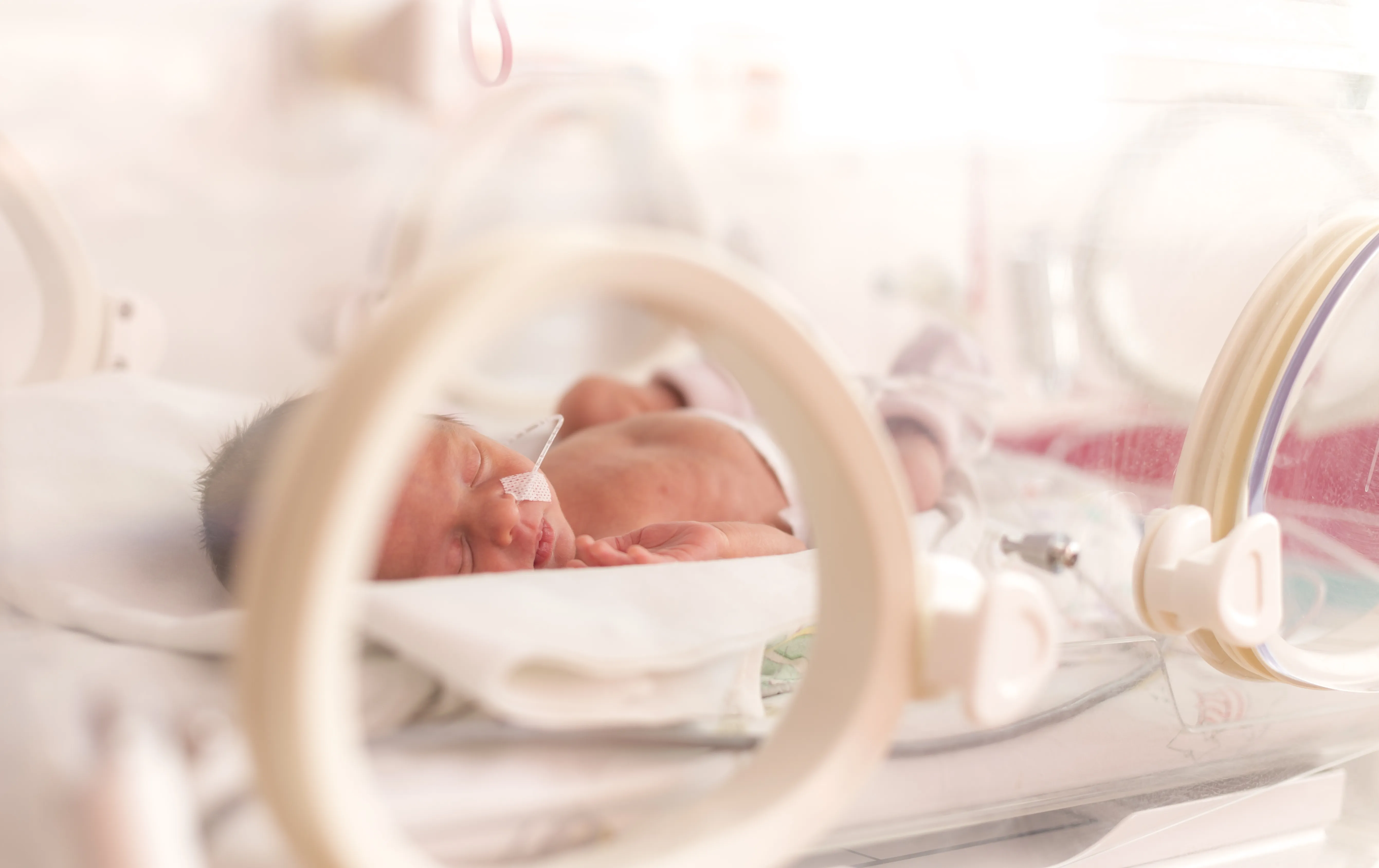
Scientists reached their findings by scanning the brains of 170 premature babies around the mother’s expected due date and then checking the data against socioeconomic status (SES).
Having divided the scans into 85 areas to examine changes in structure, they studied the results in relation to measures including parents’ education, employment and neighbourhood deprivation levels.
Family influence
The team found that family-level social inequalities – particularly parental education and employment – were linked with changes in more brain regions than neighbourhood deprivation.
The findings suggest that family-level social inequalities have a greater impact in determining brain development than other measures of SES.
Offering targeted support to parents who are facing socioeconomic challenges could boost the brain health of pre-term babies during their first weeks of life, researchers say.
Future impact
Regions of the brain impacted by SES are associated with a number of functions that could be involved in a child’s development and learning ability.
A follow up study will begin to explore how these changes to brain structure impact future behaviour and learning in the group as they age.
Premature babies
Previous studies have linked low SES to impaired brain development in children, but this is the first study to show it can impact brain development in premature babies.
Around 15 million babies are born pre-term – before 37 weeks – worldwide each year and it is still the biggest cause of death and disability among newborn babies.
Being born early can lead to brain injuries that leave children more likely to develop lifelong problems such as learning difficulties, problems with their sight and hearing, behavioural issues and cerebral palsy.
Brain scans
University of Edinburgh researchers scanned the brains of 261 babies from the Theirworld Edinburgh Birth Cohort – a study that monitors the progress of premature babies from birth to adulthood.
The group included 170 babies who were born before 32 weeks of pregnancy and 91 who were born after 36 weeks. Brain scans for all babies were performed around the mother's expected due date.

